New Accessible Releases - February 2025
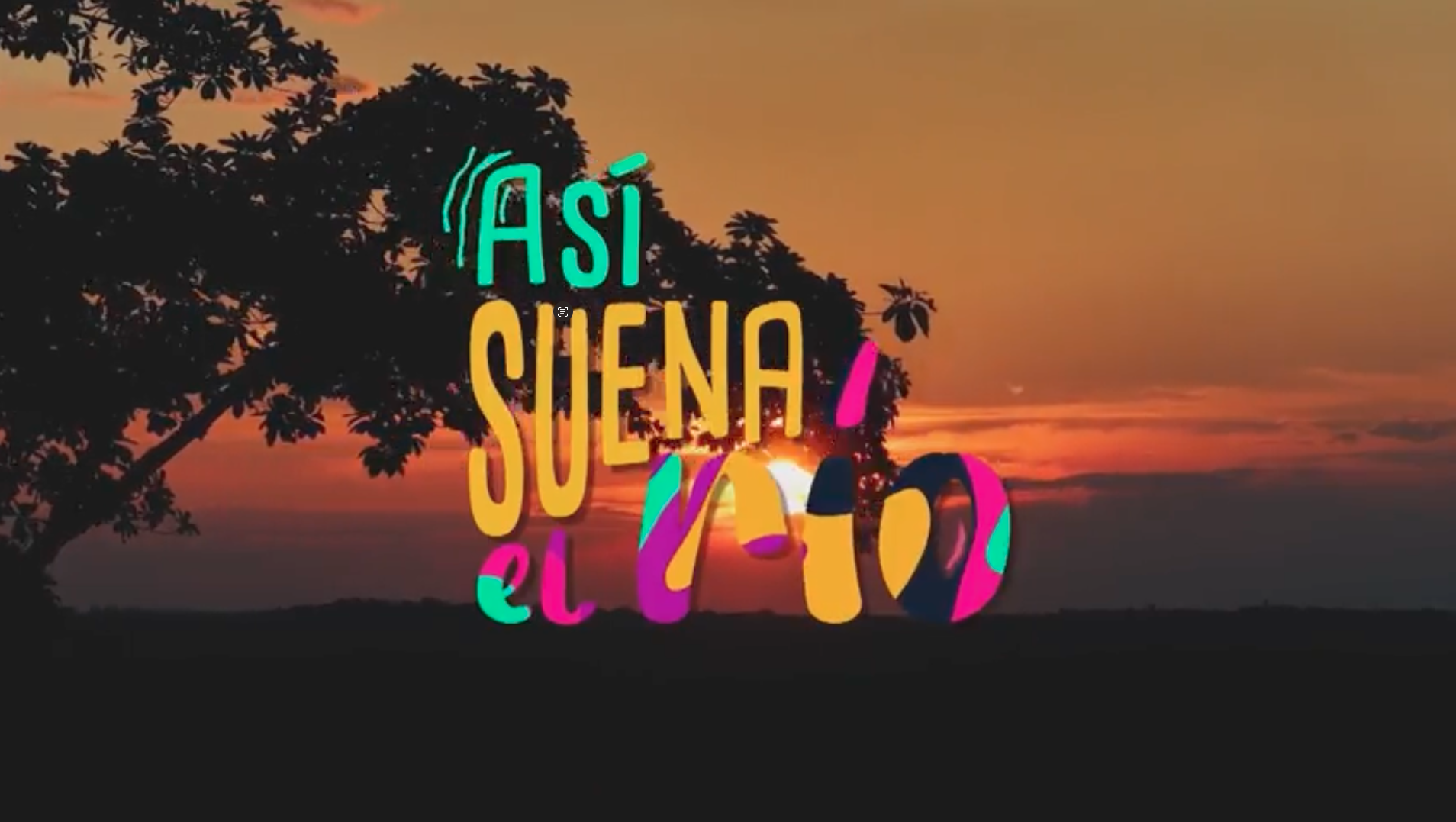
We’re excited to announce this month’s new releases, all featuring accessible options!
Audio Description Star of the Month: Pasión en Movimiento, Canal 22
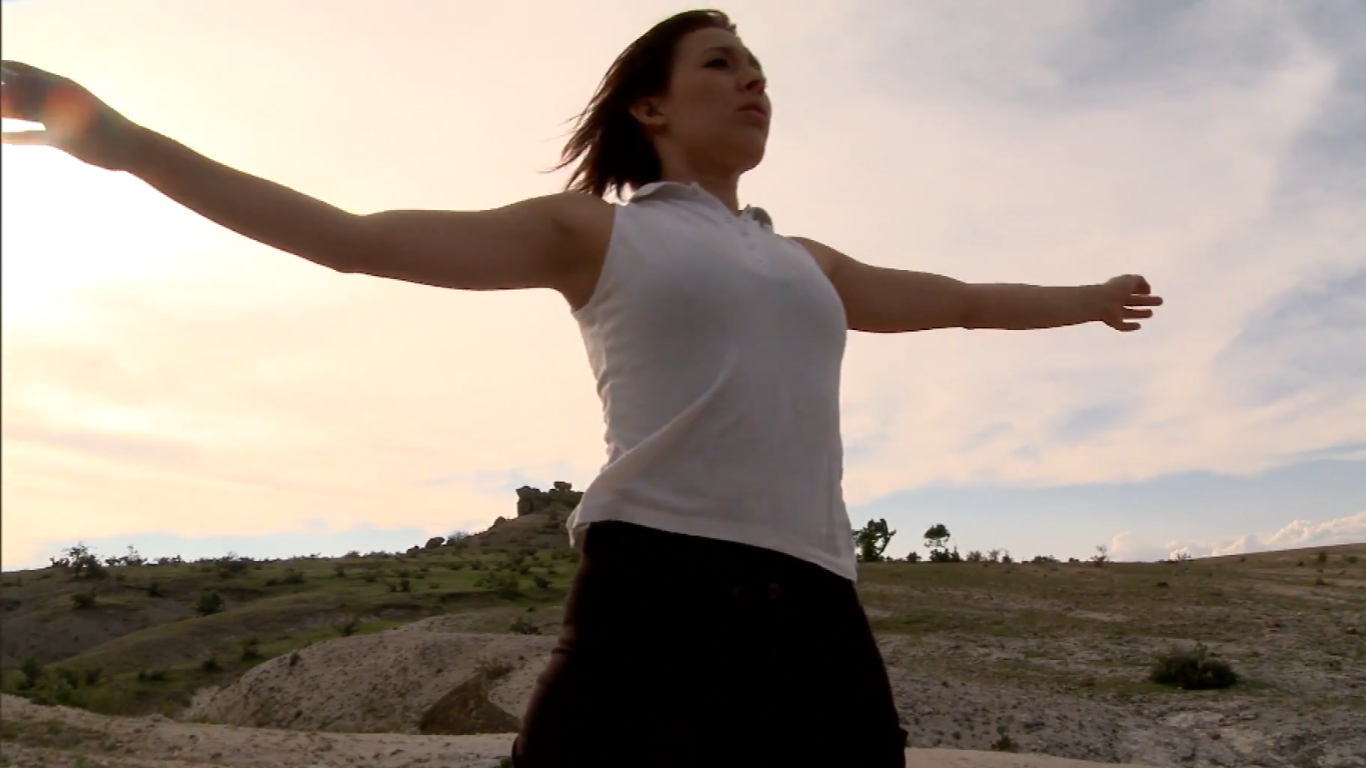
This month, we’re excited to share one of our standout audio descriptions! Discover how Pasión en Movimiento brings dance to life through audio description. This episode showcases the challenge of balancing detailed narration with the power of music, ensuring an inclusive and enriching experience for visually impaired audiences. Because everyone deserves to enjoy art in its fullest expression!
Dicapta and Teach Access Join Forces for Media Accessibility

Dicapta is proud to collaborate with Teach Access on the Fellows for Accessible Media pilot program, equipping faculty with essential media accessibility skills. Through hands-on workshops and innovative tools like All4Voicing Lite, this initiative fosters a more inclusive digital future.
Showcasing Accessibility Solutions at ATIA: INTEGRA and All4Voicing Lite
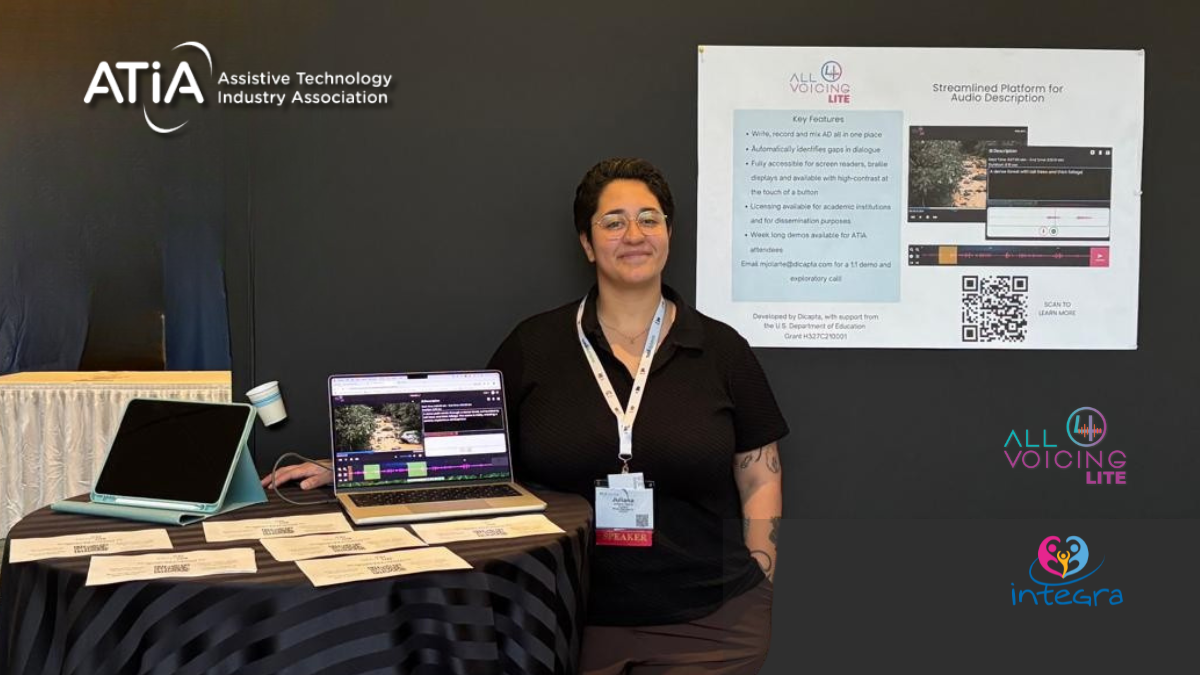
At ATIA, we introduced INTEGRA, an AI tool supporting Latino English Learners with disabilities, and All4Voicing Lite, a tool streamlining audio descriptions for educational content. Both solutions enhance accessibility and inclusivity in education, aligning with Universal Design for Learning principles.
Direct Video Calling: Transforming Customer Service Accessibility for the Deaf Community
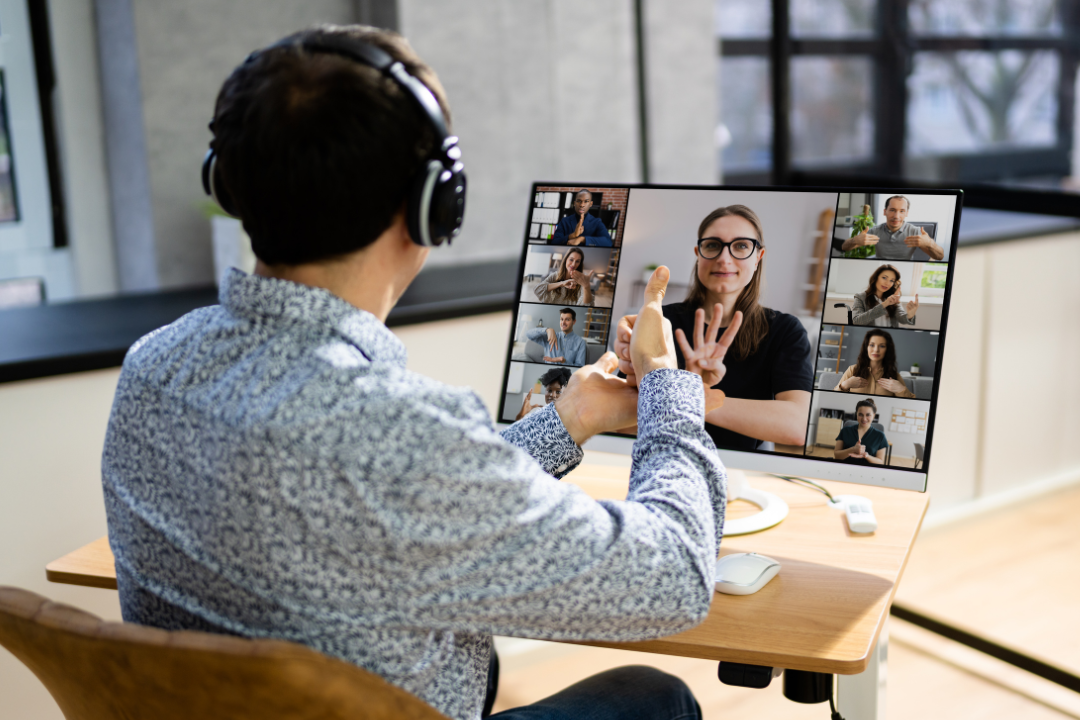
Direct Video Calling (DVC) is revolutionizing customer service by enabling direct, natural communication in American Sign Language (ASL) between users and support staff. This inclusive technology eliminates the need for third-party interpreters, ensuring a seamless experience for the deaf and hard-of-hearing community. With successful adoption by major organizations and government agencies, DVC is setting new standards for accessibility.
Voice Production in the AI Era
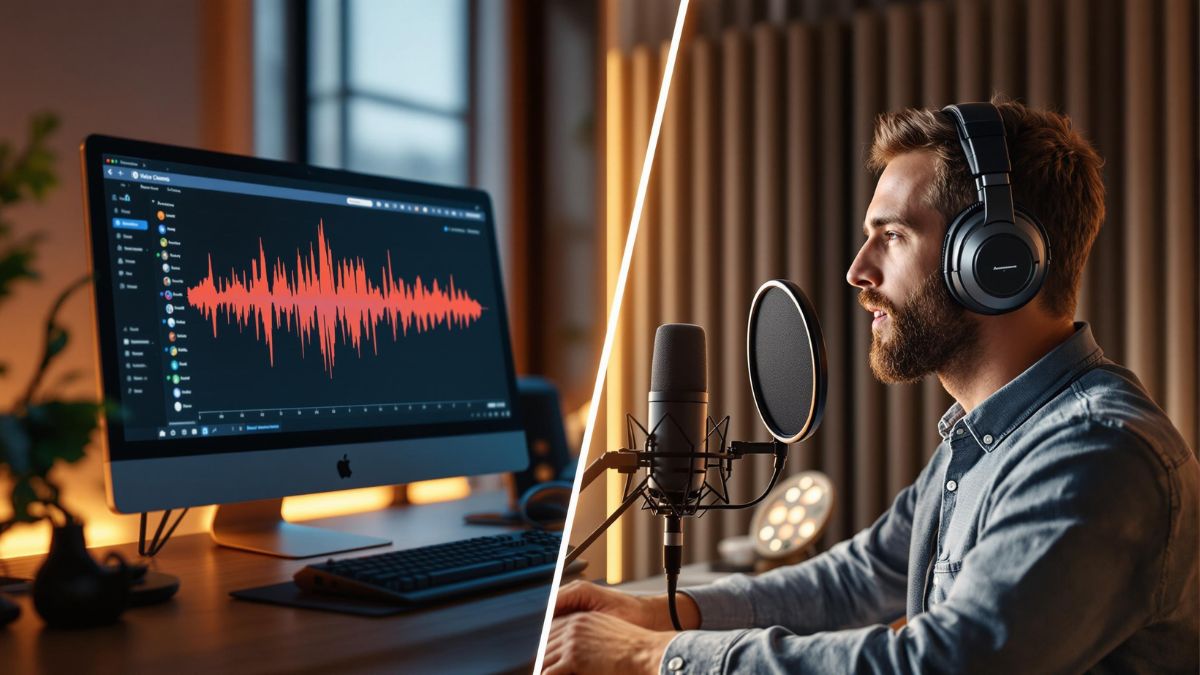
The world of voice production is transforming at an incredible pace, driven by the integration of artificial intelligence (AI). At Dicapta, we embrace this evolution with a steadfast commitment to accessibility and quality. Our approach combines cutting-edge technology with talented voice actors to create seamless, inclusive audio experiences.
Welcoming 2025: Key Accessibility Regulations on the Horizon
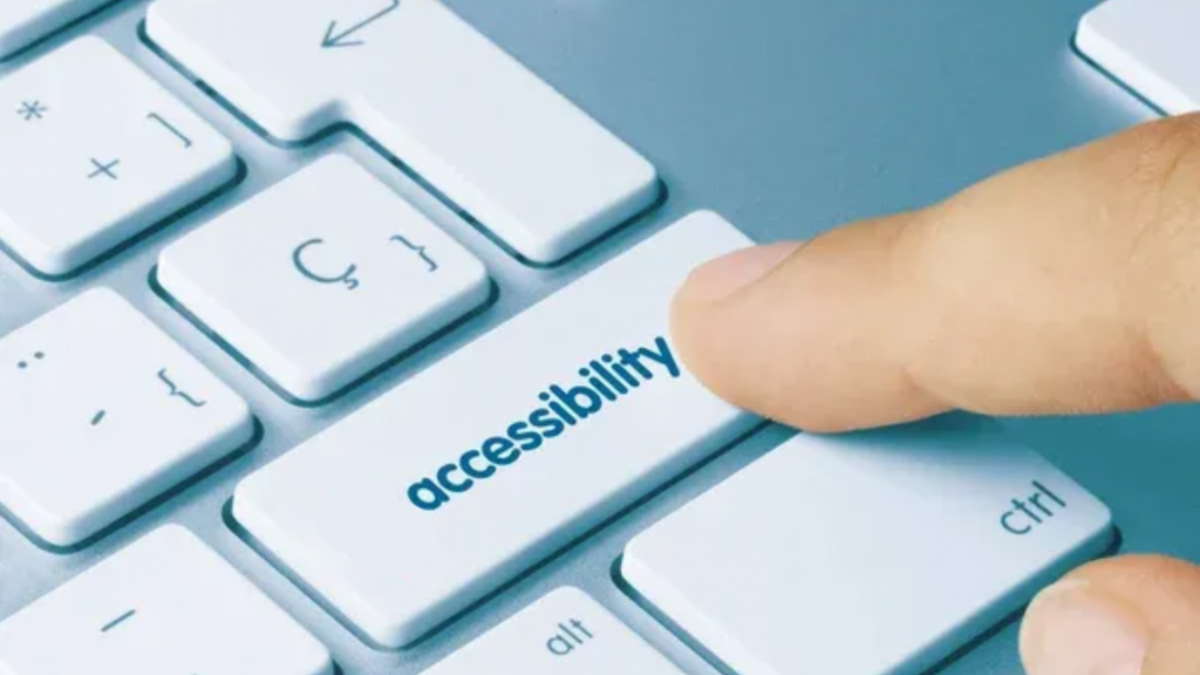
As 2025 begins, exciting changes are on the horizon for accessibility worldwide. Expanded audio descriptions will soon reach more U.S. regions, enabling broader access to inclusive media, while the European Accessibility Act takes a bold step toward eliminating barriers across products and services. These advancements reflect a growing global commitment to inclusion and accessibility.
New Accessible Releases - January 2025
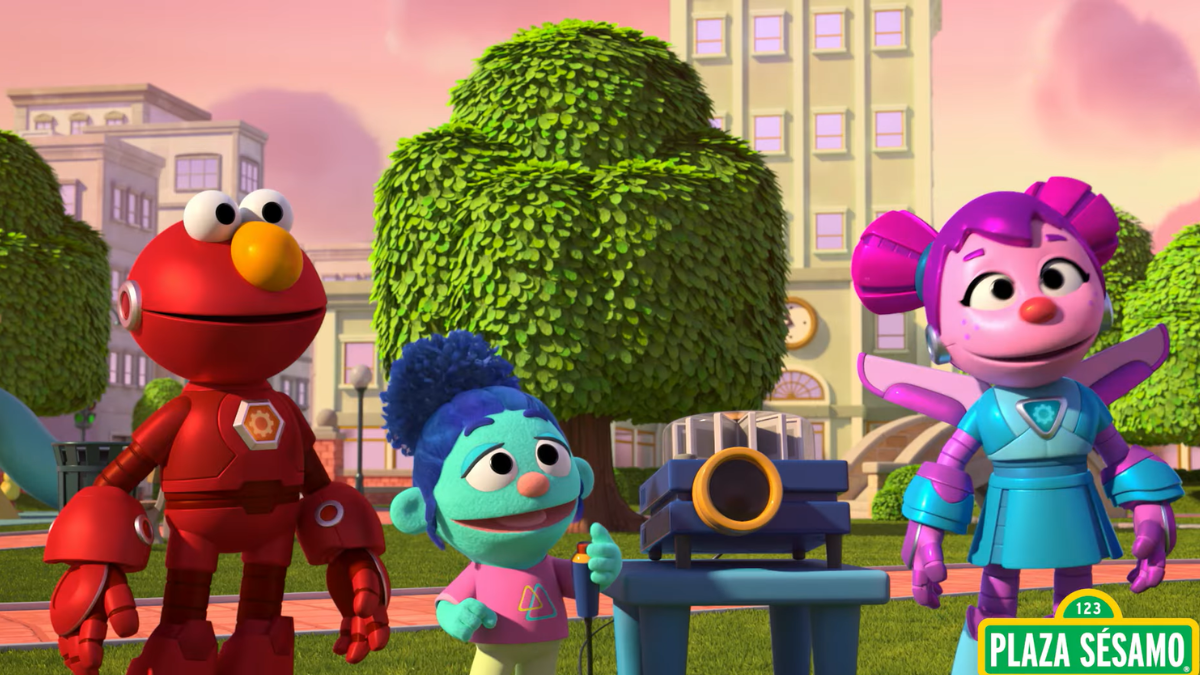
We’re excited to announce this month’s new releases, all featuring accessible options! Dive into these fun episodes of Plaza Sésamo with audio description for entertainment and learning!
Audio Description Star of the Month: Beto y Enrique - Plaza Sésamo
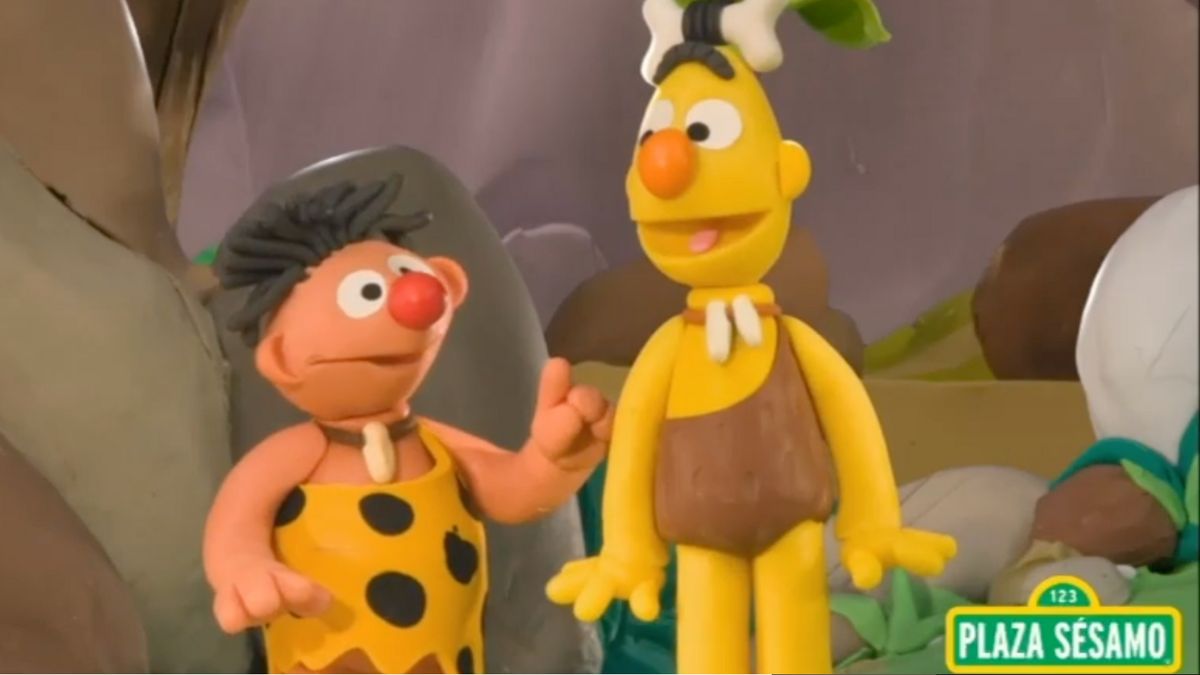
This month, we’re excited to share one of our standout audio descriptions! In this excerpt from “Las grandes aventuras de Beto y Enrique” by Plaza Sésamo, the two friends dream they’re cavemen building a house for their pet dinosaur, Spotty. Along the way, they solve problems and accidentally discover tools still in use today. Creating this description involved unique challenges, but also showcased the characters narrating much of the action—almost like an integrated audio description!
